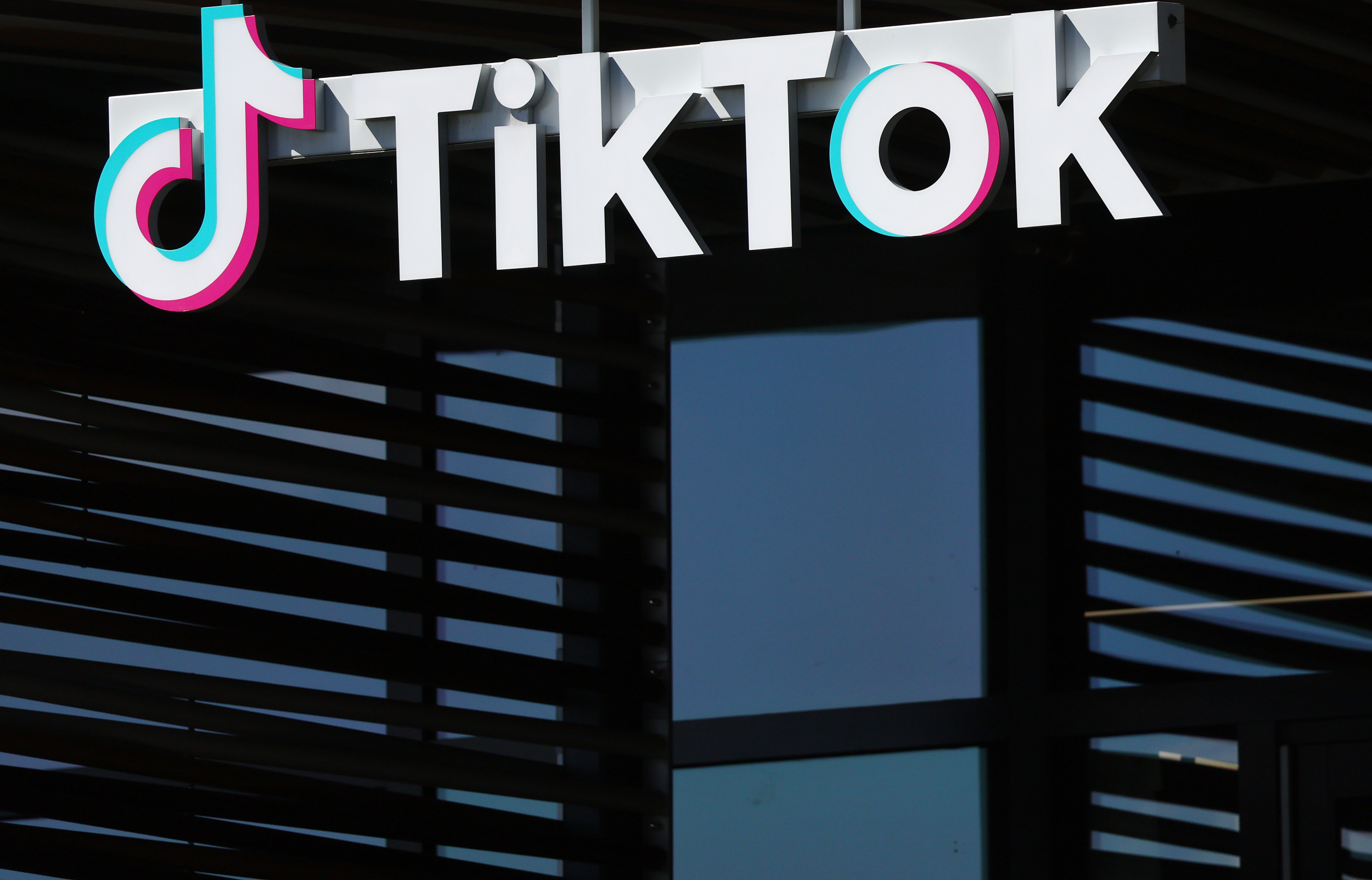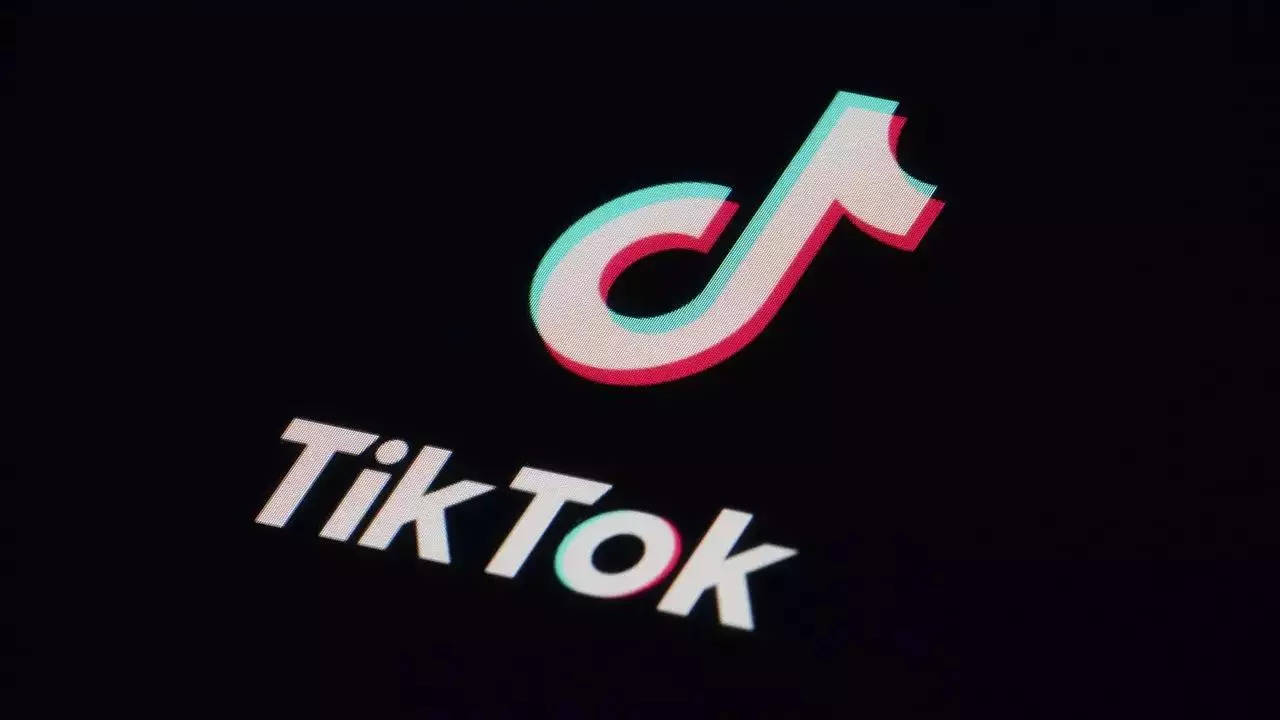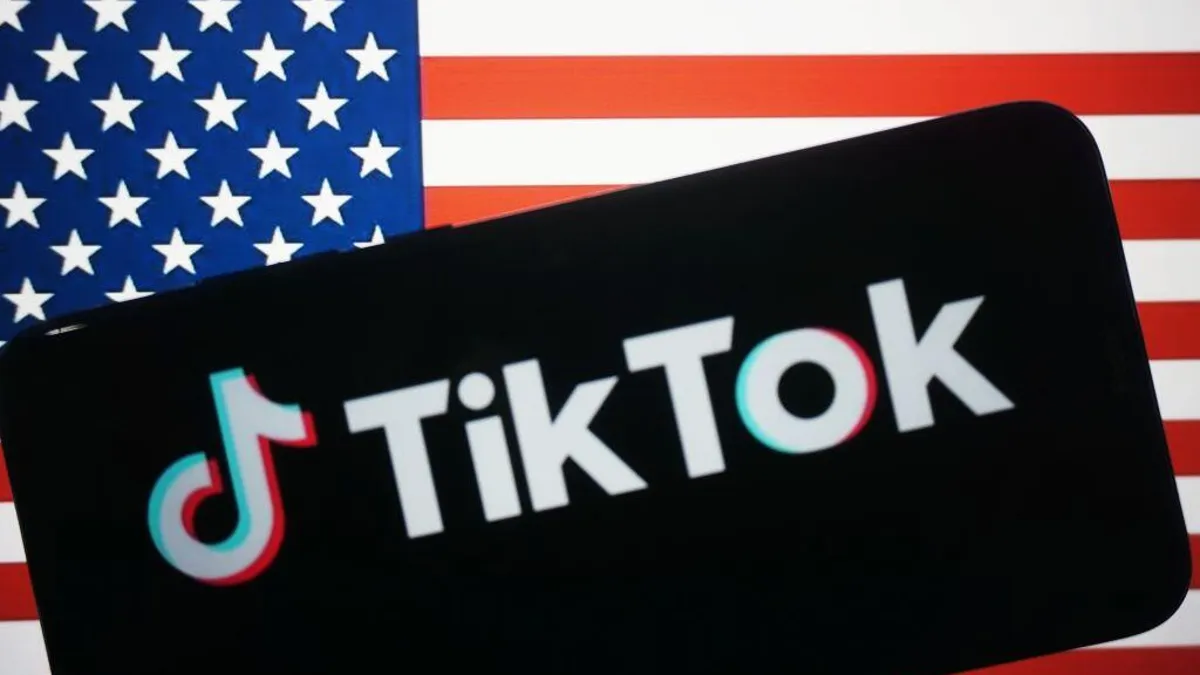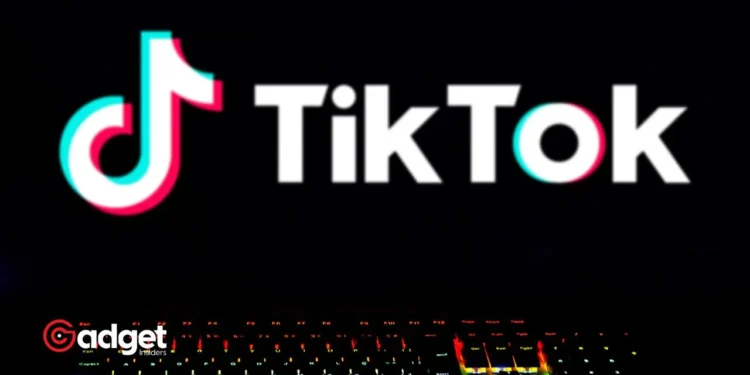The fate of TikTok in the United States hangs in the balance following a significant decision by Congress to potentially ban the social media giant, a move driven by concerns over its Chinese ownership. The House of Representatives recently passed a law by a commanding 360-58 vote that mandates the sale of TikTok unless its parent company, ByteDance, divests its stake within a year.
This legislative action is the latest development in a growing scrutiny under which TikTok has been placed due to fears of Chinese governmental influence. Despite the overwhelming vote, the battle is far from over. The bill now moves to the U.S. Senate, where its future will be decided.
TikTok, known for its vibrant community and as a platform for 170 million U.S. users, could face a transformative shift should the legislation come into full effect. The scenario is complicated by President Joe Biden’s indication that he would endorse the legislation, signifying a bipartisan concern over the app’s operations.
ByteDance has consistently refuted claims of its affiliation with the Chinese government, stating that it does not share user data with its Beijing-based parent company. However, skepticism persists among lawmakers, fueled by broader geopolitical tensions between the U.S. and China.

Economic and Free Speech Concerns Amidst Legislative Push
As Congress moves forward with its legislative agenda against TikTok, significant backlash has arisen, not just on grounds of free speech but also concerning economic repercussions.
A TikTok spokesperson articulated the company’s stance, emphasizing the detrimental effects such a ban could impose.
“Unfortunately, the House of Representatives is using the cover of important foreign and humanitarian assistance to once again jam through a ban bill that would trample the free speech rights of 170 million Americans, devastate 7 million businesses, and shutter a platform that contributes $24 billion to the U.S. economy, annually.”
When could the proposed TikTok ban take effect? https://t.co/G0tEpfz9oy
— News 19 (@whnt) April 23, 2024
The platform’s integration into the American market is profound, with millions of creators and businesses leveraging its network to reach audiences and generate income. The abrupt removal of such a platform could disrupt not only the creator economy but have broader economic impacts.

The Voice of the Industry: TikTok’s Leadership and Advocates Speak Out
During a poignant moment in March 2023, TikTok’s CEO, Shou Zi Chew, testified before the House Energy and Commerce Committee, fervently denying any governmental influence over the platform. “Let me state this unequivocally.
ByteDance is not an agent of China or any other country,” he declared. He further criticized the potential ban’s broader implications, stressing that it would “hurt American small businesses, damage the country’s economy, and reduce competition in an increasingly concentrated market.”
Supporters of TikTok, including Olivia DeRamus, founder of Communia, a social network for women, argue that the U.S. might have mitigated these economic concerns by addressing TikTok’s influence earlier. “A lot of people’s livelihoods are at stake,” DeRamus remarked, highlighting the delayed response from the government to the rising popularity of TikTok.

What Lies Ahead: Legal Battles and a Year of Uncertainty
Despite the legislative pressures, TikTok may not vanish from the American digital landscape immediately. The company is likely to challenge the law on the grounds of the First Amendment, arguing for the protection of free speech.
Such legal battles could delay, or even block, the enforcement of the ban, setting the stage for a year filled with legal, economic, and political drama. As the situation unfolds, TikTok’s future remains uncertain, caught between national security concerns and the interests of millions who rely on its platform for expression and economic activity.
The coming months will be crucial in determining whether TikTok can navigate these turbulent waters or if the legislative tide will turn irreversibly against it.










